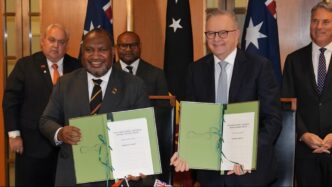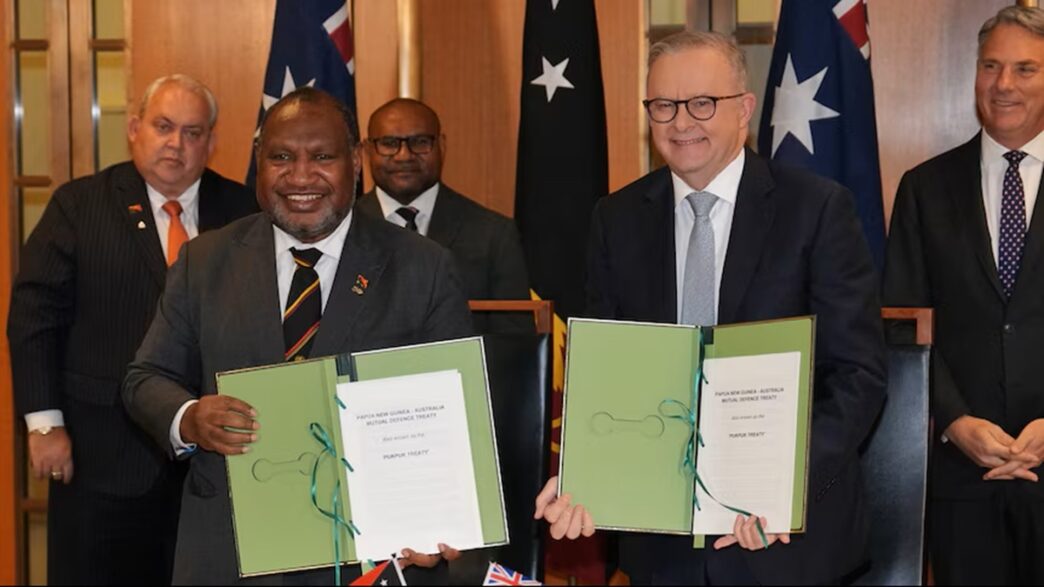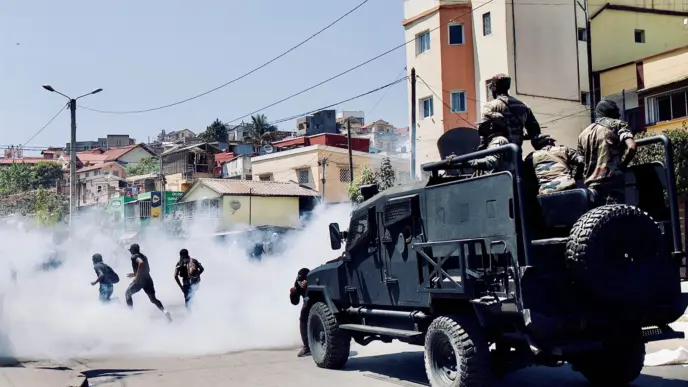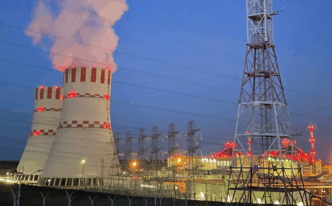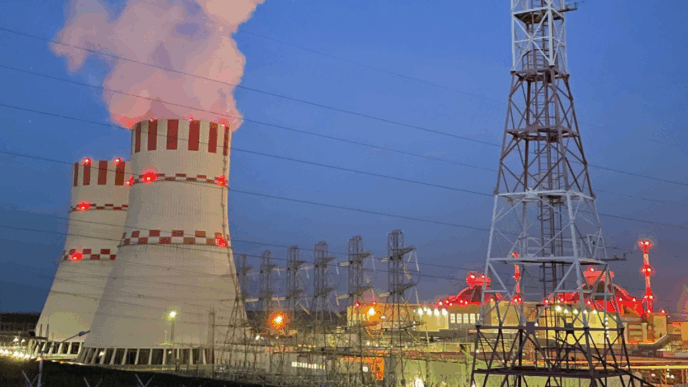Australia and Papua New Guinea (PNG) have formally signed a landmark defence alliance aimed at deepening military cooperation, enhancing maritime security, and reinforcing peace and stability across the Pacific region. The agreement was signed in Port Moresby by Australian Prime Minister Anthony Albanese and his Papua New Guinean counterpart, James Marape.
The new pact, described by both leaders as a “partnership of equals,” outlines frameworks for joint training, intelligence sharing, humanitarian response coordination, and the development of defence infrastructure in PNG. It also provides a legal basis for Australian troops to deploy in Papua New Guinea for joint exercises or in response to crises, at the invitation of the PNG government.
Prime Minister Marape hailed the agreement as a significant step in strengthening his country’s capacity to safeguard its borders and maritime zones. “This partnership enhances our ability to respond to security threats while preserving our sovereignty. It is not a one-sided arrangement, but one based on mutual respect and shared responsibility,” he stated.
Prime Minister Albanese reaffirmed Australia’s longstanding commitment to the Pacific, describing the deal as an embodiment of “family ties and shared destiny.” He said the agreement would not only help address traditional defence concerns but also tackle non-traditional threats such as cybercrime, illegal fishing, and climate-related disasters.
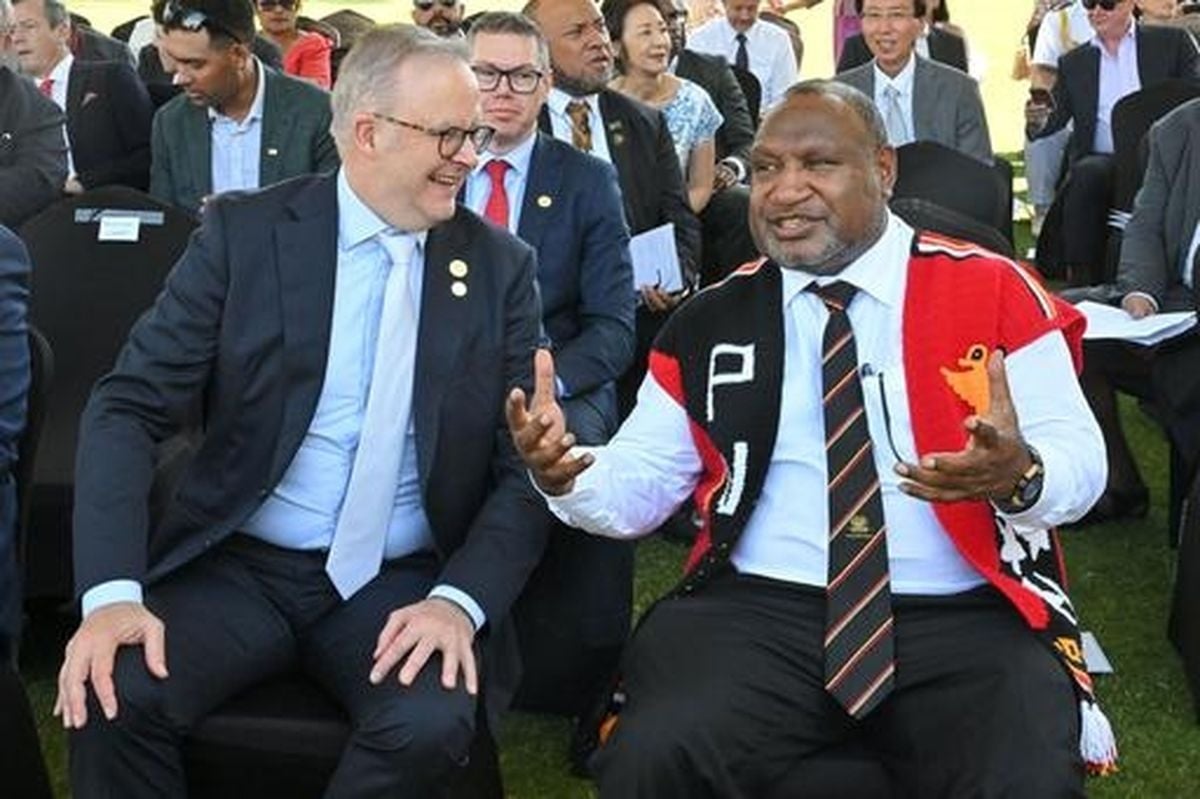
“The security of Papua New Guinea and the stability of our Pacific neighbours are directly linked to Australia’s own national interests,” Albanese said, adding that the partnership reflects Canberra’s growing engagement in the Indo-Pacific amid evolving geopolitical challenges.
The pact also aligns with PNG’s strategic objective to modernise its defence forces and improve coordination with regional allies. Officials confirmed that part of the agreement includes Australian support for upgrading military facilities, logistical bases, and communication systems across key locations in Papua New Guinea.
Defence analysts view the agreement as a pivotal move in the Pacific’s security architecture, particularly as regional powers compete for influence in the area. It builds upon the long-standing Australia–PNG Defence Cooperation Program, which dates back to the early 1970s.
Both leaders emphasised that the alliance prioritises regional peace, climate resilience, and community security rather than militarisation. A joint committee will oversee implementation to ensure transparency and adherence.


 Trending
Trending 
